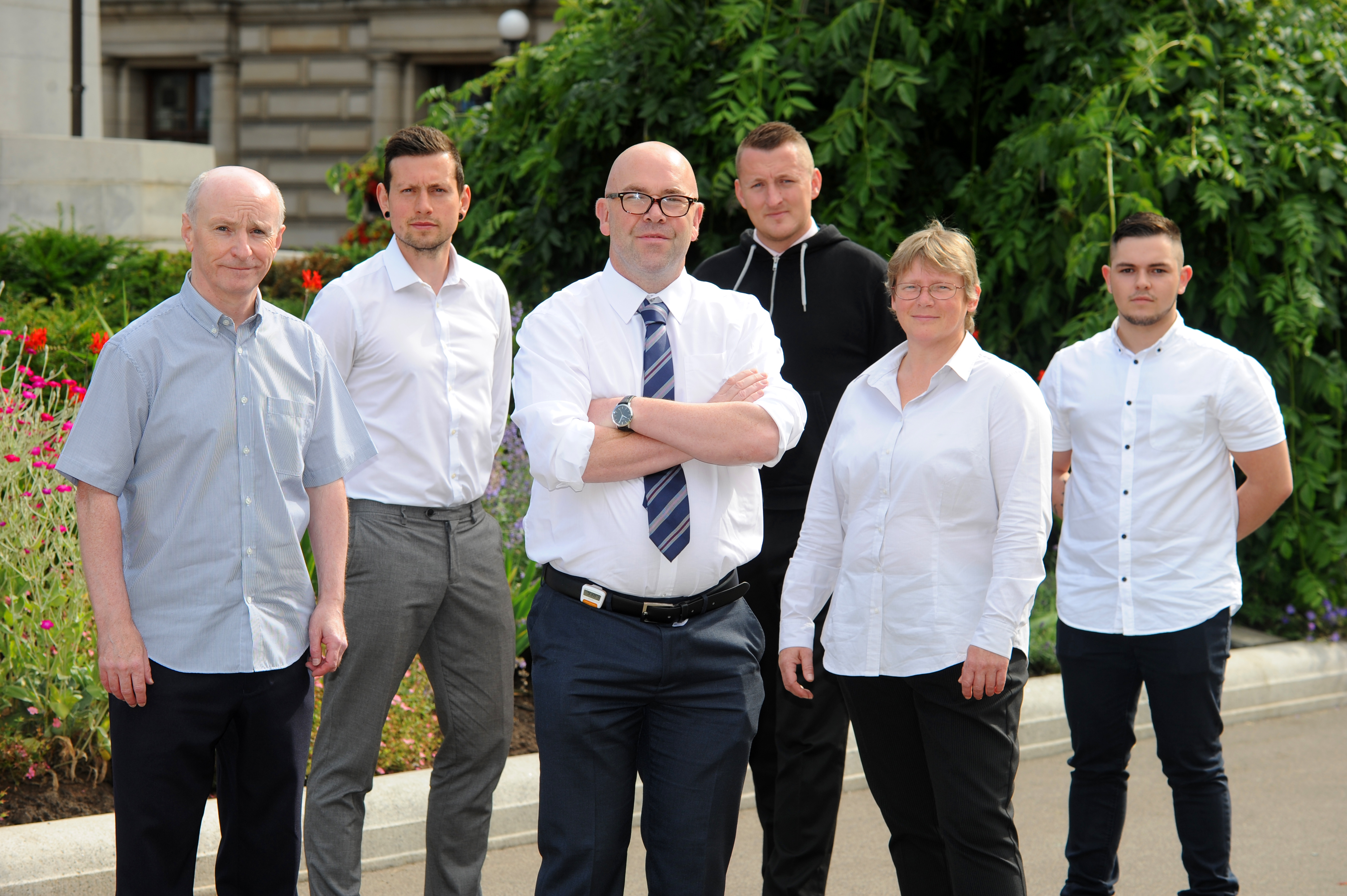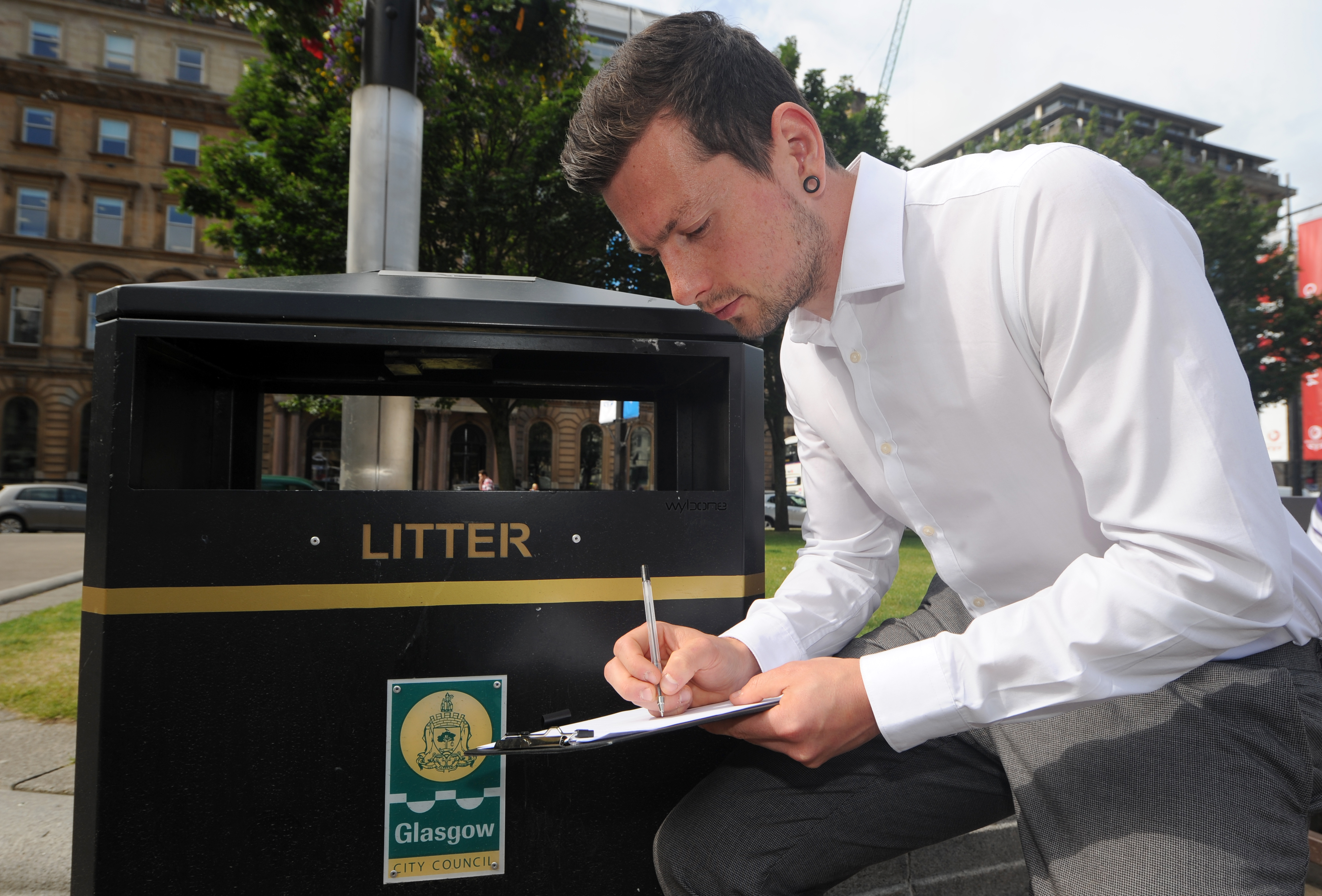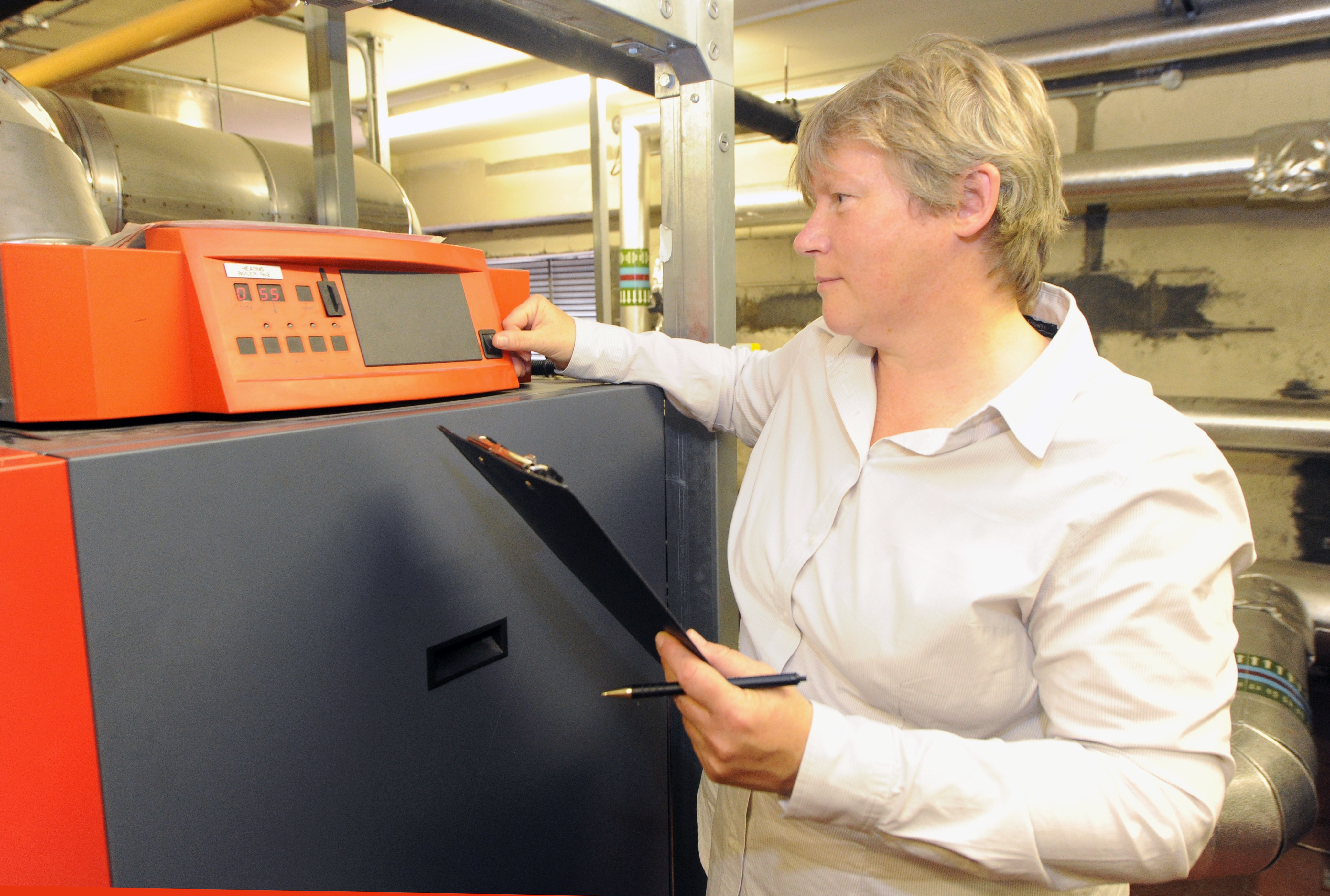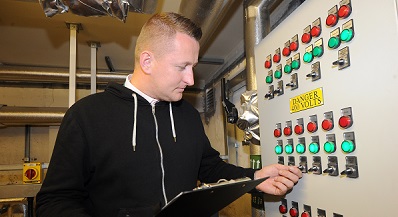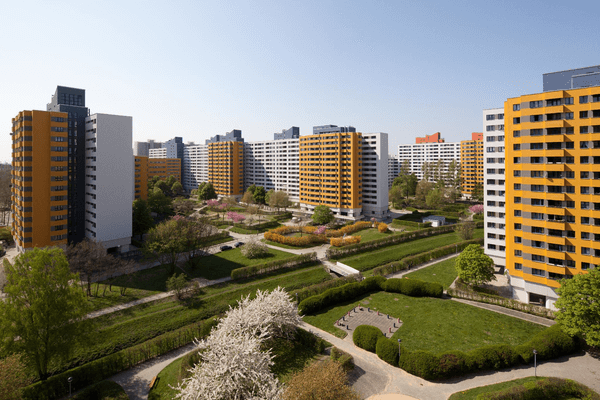City
Glasgow
Main actors
City Government, Public Utility
Project area
Whole City/Administrative Region
Duration
2013 - 2020
Glasgow gives employment opportunities in the green sector to people with a low employability profile through a traineeship scheme with the city council.
The ‘Green Wardens’ scheme is a traineeship programme within the Glasgow council’s Carbon Management Team (CMT). It aims to build up the skills and expertise of people who have been long term unemployed. The programme employs people as ‘green wardens’ to work across various greening and sustainability projects. The wardens complete a two week introductory training programme, which includes an induction to the council activities and its carbon reduction targets. The wardens are then assigned to support carbon reduction projects across the council.
Throughout their deployment, the wardens receive assistance from the Carbon Management Team (CMT), which oversees that the council meets its carbon reduction target. The Team provides help in preparation for carrying out audits, reviewing reports, and helping with data analysis.
The implemented solutions decrease energy use by 5,751,281 kWh and CO2 emissions by 1,979 tonnes annually. The scheme also benefits the council as it is cost neutral and the savings from the reductions of council’s carbon emissions offset the costs of employment. This means that at least 12 individuals will go through the programme each year.
Originally published by EUROCITIES, the network of 130 European cities - PDF: http://nws.eurocities.eu/MediaShell/media/353-green-web_final.pdf
External links / documents
On Map
The Map will be displayed after accepting cookie policy
